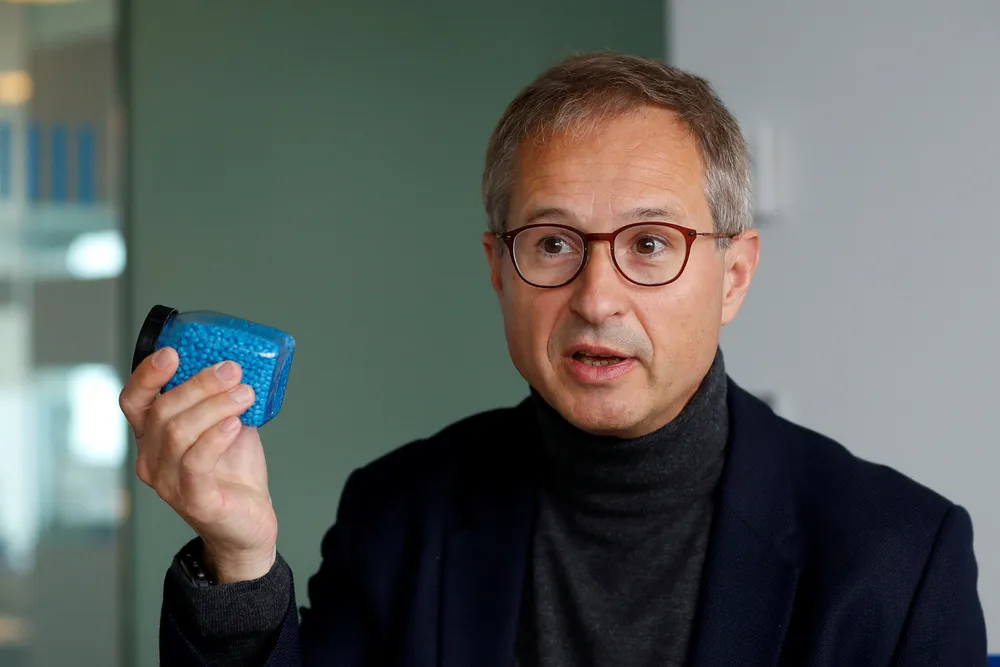Austria’s OMV details its path to net zero, with declining oil production in sight
Austrian player intends to transform its exploration and development business rapidly, with big plans for chemicals and decarbonised materials

Austrian player intends to transform its exploration and development business rapidly, with big plans for chemicals and decarbonised materials
